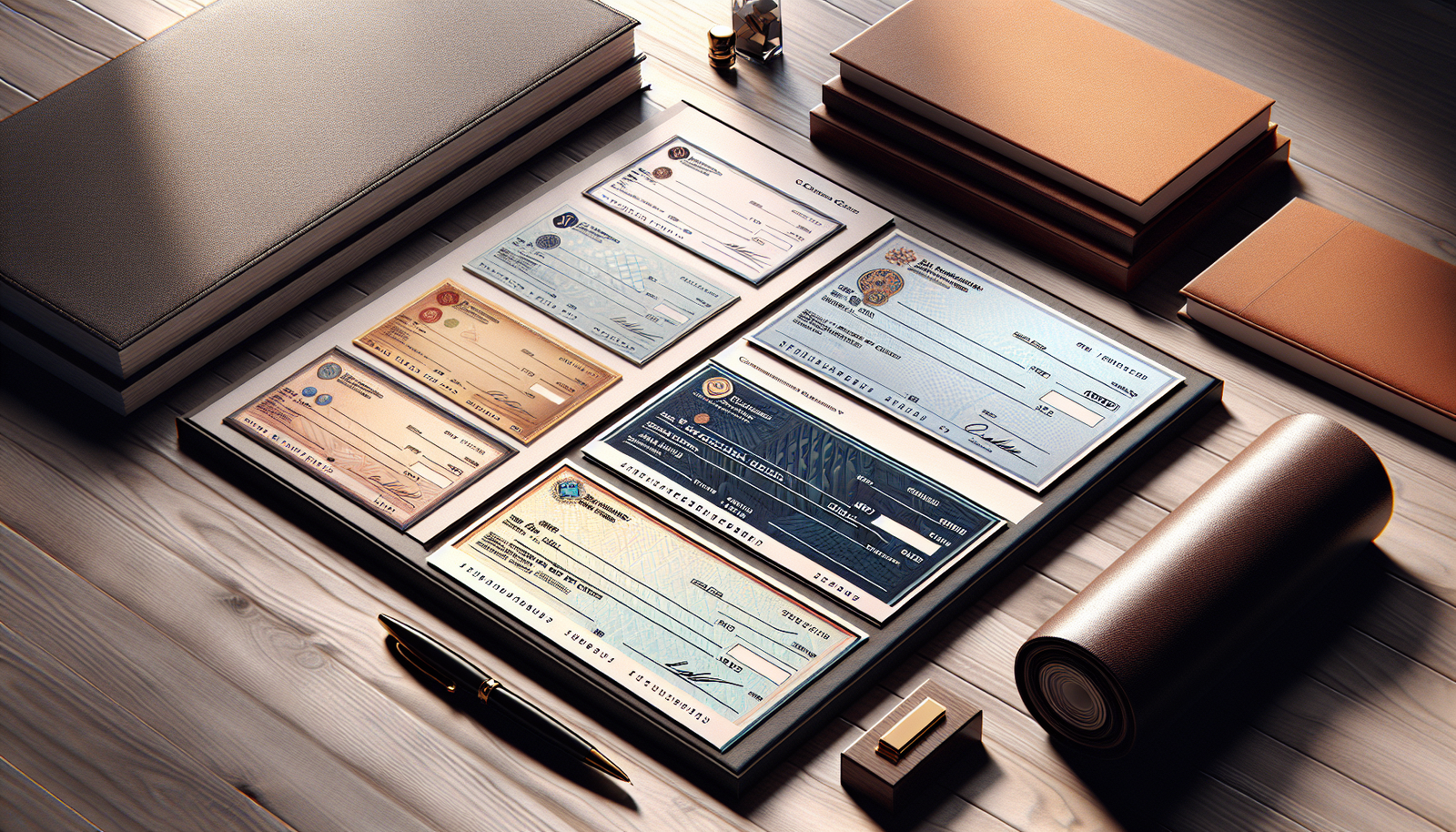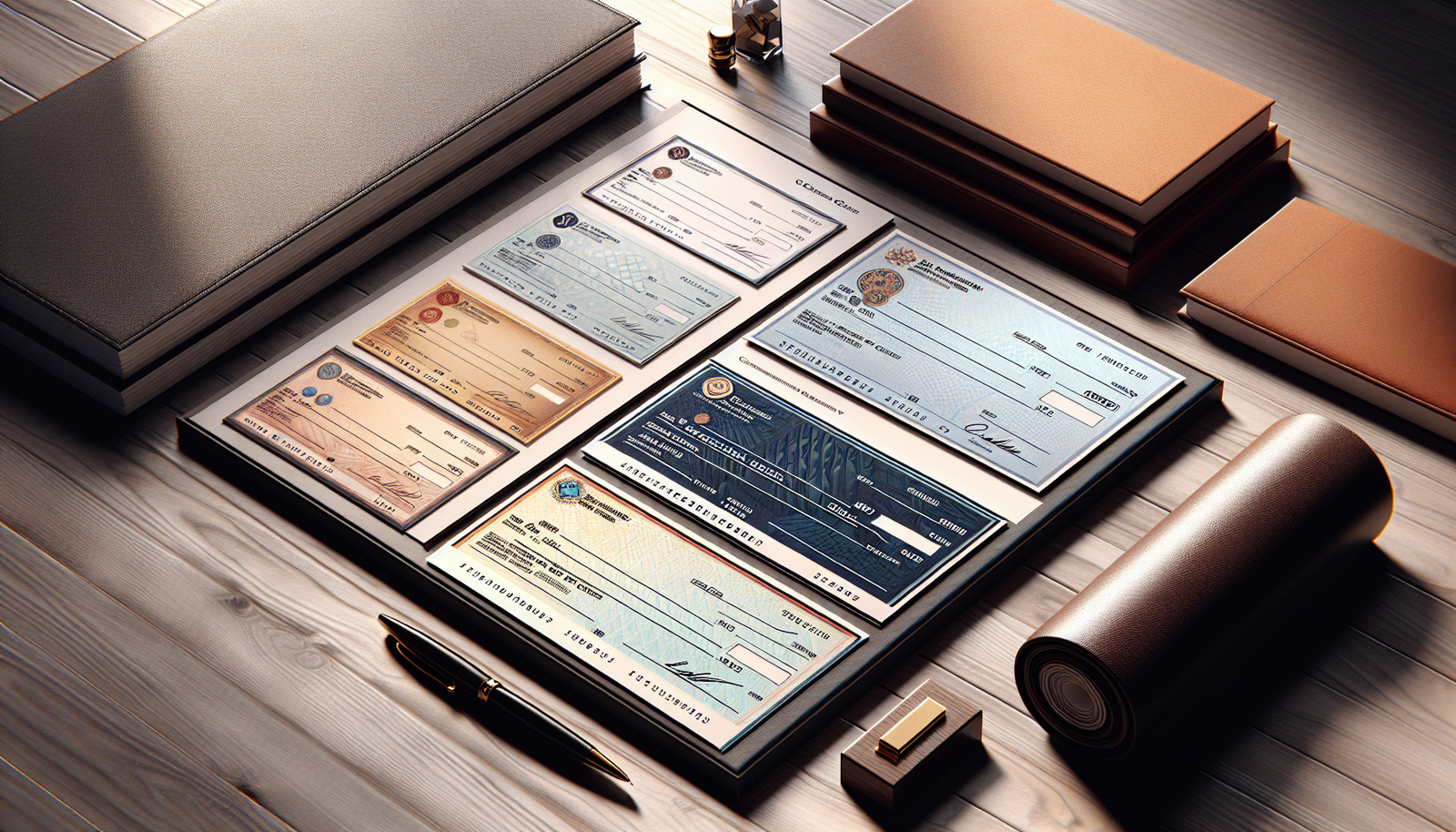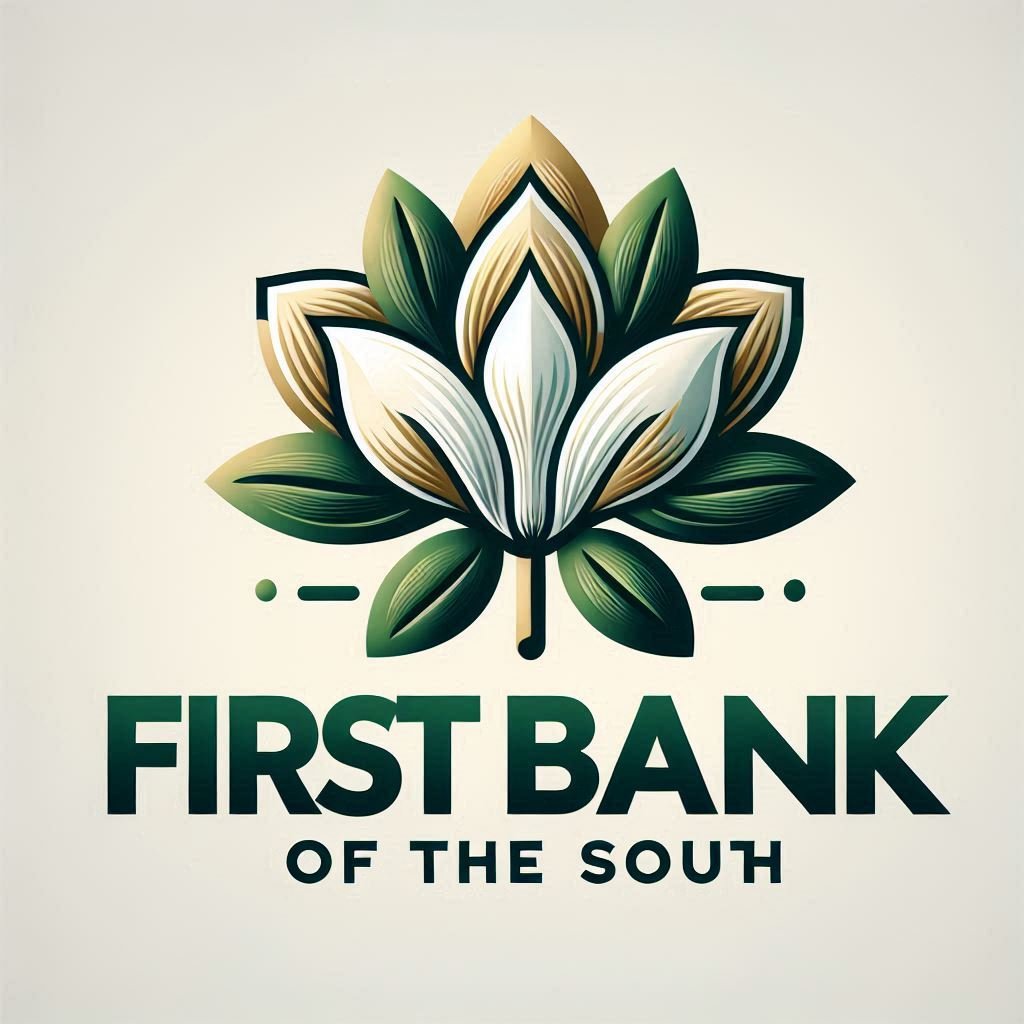
Imagine peering into the exciting world of personal checks, a mundane yet intriguing aspect of finance that often gets overlooked. In this surreal landscape, you will encounter various types of personal checks, each with its own distinct role and specialty. Here’s an opportunity to acquaint yourself with an unexpected world of variety and nuance hidden in the everyday ritual of writing a check. Prepare to embark on a voyage into the variegated realm of personal checks, allowing yourself to discover the intricacies and subtleties that make each one unique.

Standard Personal Checks
Characteristics of Standard Personal Checks
Imagine your money neatly printed, elegantly adorned with your name, address on a rectangular piece of quality paper. That’s somewhat the portrait of a standard personal check. Standard personal checks are quite the traditional form of non-cash payment. They are typically personalized with your name, address, and sometimes even a word of inspiration or personal logo.
Common uses of Standard Personal Checks
Whether it’s paying for your rent or splitting a dinner tab, standard personal checks come in handy in numerous situations. They are frequently used for making payments where cash isn’t the most convenient choice. Moreover, they can also be used for transferring money between bank accounts or offering monetary gifts.
Security features of Standard Personal Checks
Fear not, your money is safe. Standard personal checks have multiple security features like watermarks, micro print lines, and even heat sensitive ink. This makes them extremely hard to forge or alter, providing you with an extra sense of security.
Certified Checks
Definition of Certified Checks
Now, picture a check that has been verified, guaranteed, by the bank itself. That is what we call a certified check. The bank ensures that the drawer has sufficient funds in their account to cover the amount specified on the check.
Difference between Certified Checks and Standard Checks
The main difference between the two is the sense of security. With certified checks, the payment is guaranteed by the bank, which isn’t the case with standard checks where the payment relies on the personal account balance.
Pros and Cons of Using Certified Checks
The magic of certified checks lies in their guarantee, making them more trustworthy than standard checks. However, they are not free. The banks often charge a fee for certifying, which isn’t something you encounter with standard checks.
Cashier’s Checks
Understanding Cashier’s Checks
Cashier’s checks are very similar to certified checks inasmuch as they both are guaranteed by the bank. The only difference is that cashier’s checks are issued by the bank itself.
Benefits of Using Cashier’s Checks
Not only are they a safer option than personal checks, but they also offer quicker clearance. Faster and safer – that’s the allure of the cashier’s checks.
How to Obtain a Cashier’s Check
To get a cashier’s check, you need to approach the bank, provide them with the necessary details of the payee and pay the amount plus the processing fee, if any.

Traveler’s Checks
What are Traveler’s Checks
If you love to travel, you’ll appreciate traveler’s checks. These are pre-printed, fixed-amount checks that are widely accepted globally and are often used by travelers instead of cash.
Major Providers of Traveler’s Checks
Large financial institutes, most notably American Express, typically provide traveler’s checks.
Advantages and Drawbacks of Traveler’s Checks
While traveler’s checks offer security and global acceptance, a major drawback is the inconvenience of not being as swiftly redeemable as cash.
Business Checks
Defining Business Checks
If you run a business, business checks are equivalent to your personal ones. They come printed with your business name and sometimes your logo as well.
Differences between Personal Checks and Business Checks
The key difference between personal and business checks is predominantly the personalization. Business checks often have special features, like payroll deduction slots, making business transactions smoother.
When to Use Business Checks
Business checks prove their worth when dealing with vendors or employees, especially when it comes to tracking expenditures for tax purposes.
Payable-On-Death Checks
Defining Payable-On-Death Checks
Payable-On-Death checks, as the name suggests, are payable to a specific beneficiary upon the death of the drawer.
Why Use Payable-On-Death Checks
These checks can play a crucial role in estate planning, enabling immediate access to funds without getting stuck in probate procedures.
Issues Associated with Payable-On-Death Checks
Despite its benefits, challenges lie in clearly defining the death of the drawer and sometimes, multiple beneficiaries can cause conflict.
eChecks
Defining eChecks
Thanks to technology, now even checks have gone digital. An eCheck is an electronic version of the regular paper check.
Benefits of Using eChecks
eChecks profoundly enhance the convenience of transactions. They are faster, offer electronic record, and do away with the need to visit the bank or mailing a traditional check.
How to Write and Cash eChecks
You can issue and encash eChecks through several platforms online by merely entering the needed details, including the payee name, payment amount, and signing it digitally.
Bank Draft
What is a Bank Draft
A bank draft is a type of check where payment is guaranteed by the issuing bank. Here, funds are withdrawn from the bank’s account instead of the individual’s or business’s account.
How Bank Drafts Work
Upon a request for a bank draft, the bank withdraws the specified amount from your account. Then, the bank issues a check from its account.
Security Features of Bank Drafts
Bank drafts are generally considered to be very secure as they contain notable security features such as watermarks, encrypted text, and signature verification.
Money Orders
Concept of Money Orders
Money orders are like prepaid checks. You pay for the order when you buy it, making it a guaranteed payment for the recipient.
Comparison between Money Orders and Personal Checks
While money orders offer more security and are prepaid, personal checks are linked directly to a personal bank account providing more leeway in terms of the payment.
How to Purchase a Money Order
You can obtain a money order from various places like the post office, a bank, or even convenience stores. You simply pay for the amount plus the fee for issuing the money order.
Counter Checks
Defining Counter Checks
Lastly, we have counter checks. These are blank checks provided by the bank at the counter to enable you to withdraw from your account when you do not have a personal check handy.
When to Use Counter Checks
Counter checks can be used in cases when you haven’t got your checkbook with you but need a check immediately.
Risks of Using Counter Checks
They are considered riskier than personal checks because they lack personal information, making them easier to forge or alter. So, it would be prudent not to use them unless absolutely necessary.

Leave a Reply